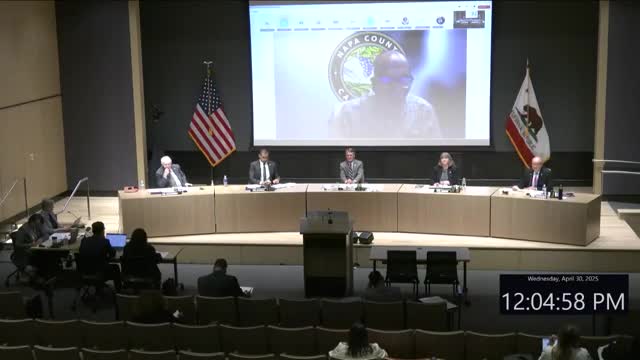Article not found
This article is no longer available. But don't worry—we've gathered other articles that discuss the same topic.
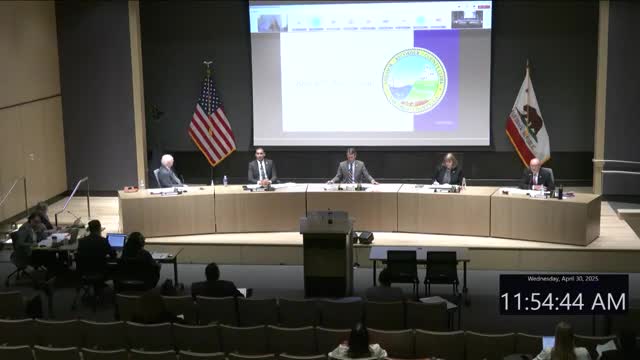
Assessors press BOE for clearer discovery deadlines and continuance guidance to curb delays
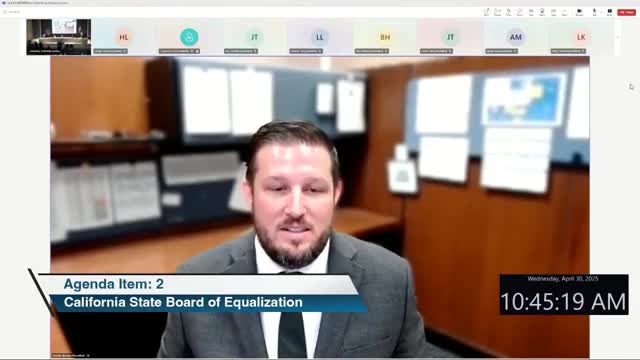
Clerks urge BOE to curb mass filings by professional tax agents with certification and e‑filing rules
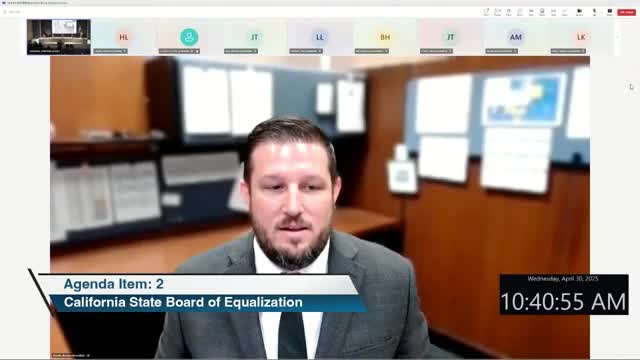
Small counties say limited staffing and costly software keep appeals on spreadsheets
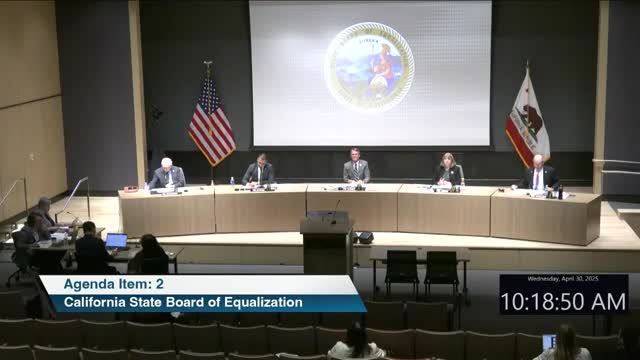
Los Angeles County says tech, training cut appeals backlog and boosted online filings
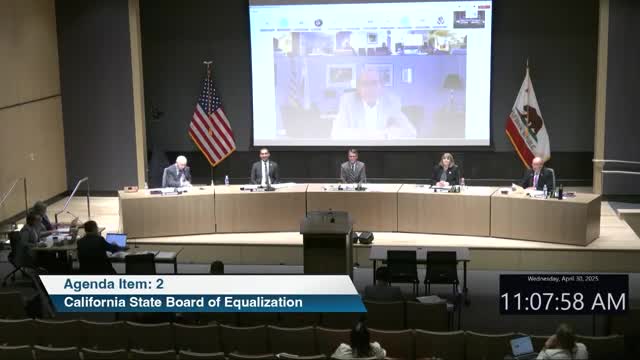
County officials ask BOE to set metrics, expand training and separate complex appeals from routine calendars
